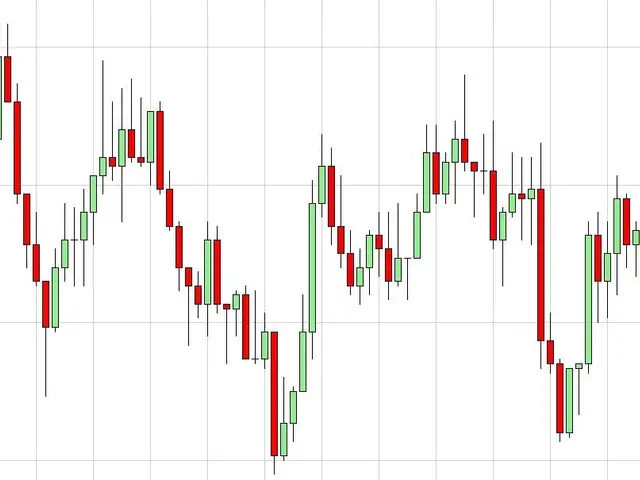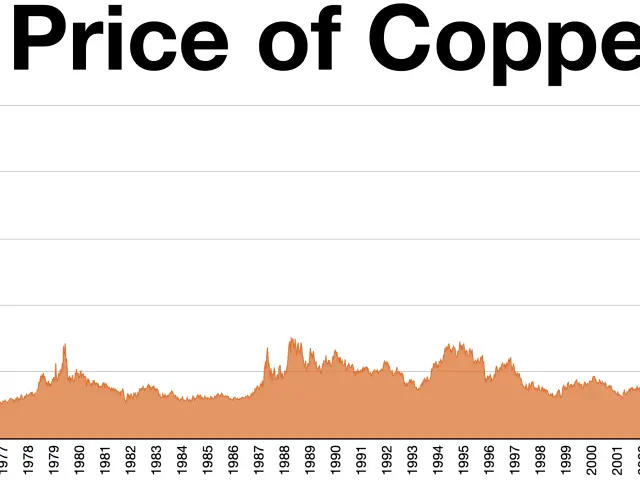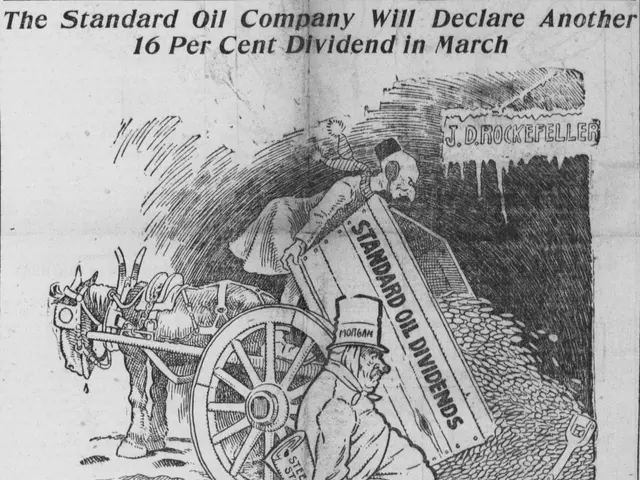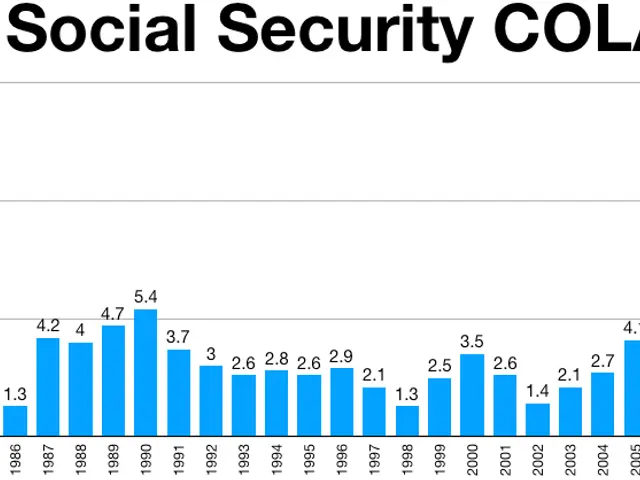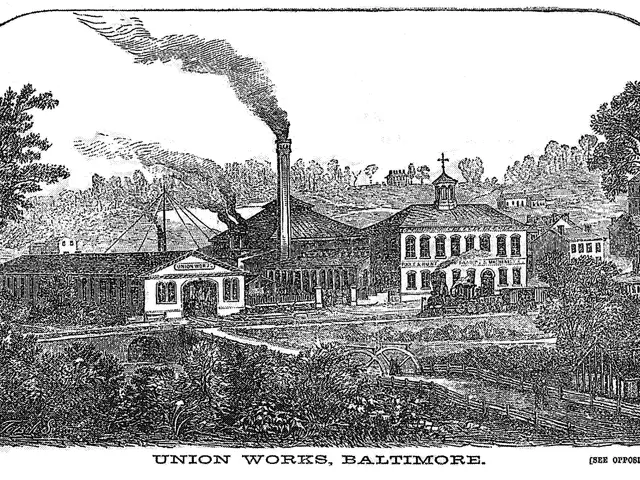Power, Money, and Ambition: Examining Greed, Authority, and Economics
In the gripping film "There Will Be Blood," directed by Paul Thomas Anderson, we delve into the heart of early 20th-century American capitalism. The narrative, set against the backdrop of the burgeoning oil industry, follows Daniel Plainview, a character who embodies unrestrained greed and exploitation.
Daniel Plainview, initially a humble prospector, transforms into a ruthless capitalist whose insatiable greed alienates and destroys relationships. His relentless pursuit of wealth, as depicted in the film, critiques capitalism's dehumanizing effects by showing Plainview's moral decline and the personal costs of power accumulation.
The narrative structure of the film follows Plainview's journey from a determined prospector to a ruthless oil tycoon, marked by calculated decisions driven by an insatiable hunger for control and wealth. This arc serves as a cautionary tale about the destructive potential of greed, emphasizing that the relentless pursuit of power can lead to one's downfall.
Character development is crucial in the film. Plainview's interactions with other characters, such as his adopted son H.W. and rival Eli Sunday, highlight contrasts between spiritual and material power. Capitalist ambition overrides empathy and community bonds, as shown through the tension between Plainview and Eli, reflecting the struggle between economic aggression and religious charisma during that era.
Visual symbolism throughout the film reinforces its themes. The vast, desolate oil fields symbolize the emptiness beneath the surface of capitalist wealth. The recurring imagery of oil as "black gold" represents both opportunity and corruption. Cinematography uses stark lighting and framing to isolate Plainview physically and emotionally, emphasizing his alienation. The valley and landscape serve as metaphors for capitalist conquest and environmental transformation, linking economic greed to broader social consequences.
The film analyzes its narrative structure, character development, and visual symbolism to understand how it reflects and challenges the foundational tenets of American capitalism. It presents capitalism not just as an economic system but as a corrosive social force, impacting identity and relationships through its narrative, characters, and symbolic imagery.
Moreover, the film highlights the personal cost of prioritizing success over ethics. Greed can manifest as a consuming obsession, driving individuals to sacrifice relationships, integrity, and even their own well-being. Corruption and exploitation become rampant as individuals and corporations prioritize profit over ethical considerations.
The concentration of wealth and power in the hands of a few can stifle innovation and limit opportunities for upward mobility. This societal disparity undermines social cohesion and erodes trust in institutions. Economic power translates into political sway, often sidelining the needs of the many for the interests of the few.
The relentless drive for more fuels consumer culture, impacting environmental sustainability and societal values. The ease with which power can corrupt is evident as Plainview uses manipulation to expand his empire, often at the expense of others. This societal disparity, as depicted in the film, can lead to a cycle of dissatisfaction and anxiety, as achievements and acquisitions never seem to fulfill the deeper need for contentment.
In conclusion, "There Will Be Blood" offers a poignant examination of greed and power through the character of Daniel Plainview. The film critiques greed and power in early 20th-century American capitalism by using a narrative centered on Plainview’s ruthless rise in the oil industry, character development revealing the corrosive effects of ambition and selfishness, and visual symbolism that underscores isolation, conflict, and moral decay.
- The animation of capitalism's dehumanizing effects in the movie "There Will Be Blood" serves as a timely reminder for investors and wealth management professionals in the finance industry.
- For those interested in personal finance and movies-and-tv, "There Will Be Blood" provides a balanced blend of entertainment and investing lessons.
- The film's genre, indie cinema, showcases the darker, more subtle nuances of the business world, offering critical insights for entrepreneurs and business owners.
- During Plainview's climb in the oil industry, parallels can be drawn between the finance world, where ambition and ruthlessness often dominate.
- In the realm of personal development, reading books such as "Money: Master the Game" by Tony Robbins, alongside watching movies like "There Will Be Blood", allows us to grapple with the darker aspects of our own lives and ambitions.
- The film serves as a cautionary tale, reminding us that the relentless pursuit of wealth can come at a tremendous cost to relationships, ethics, and overall well-being.
- The ongoing dialogue between the entertainment industry and personal finance can be both thought-provoking and revealing, inviting us to question our own relationship with money and power.

